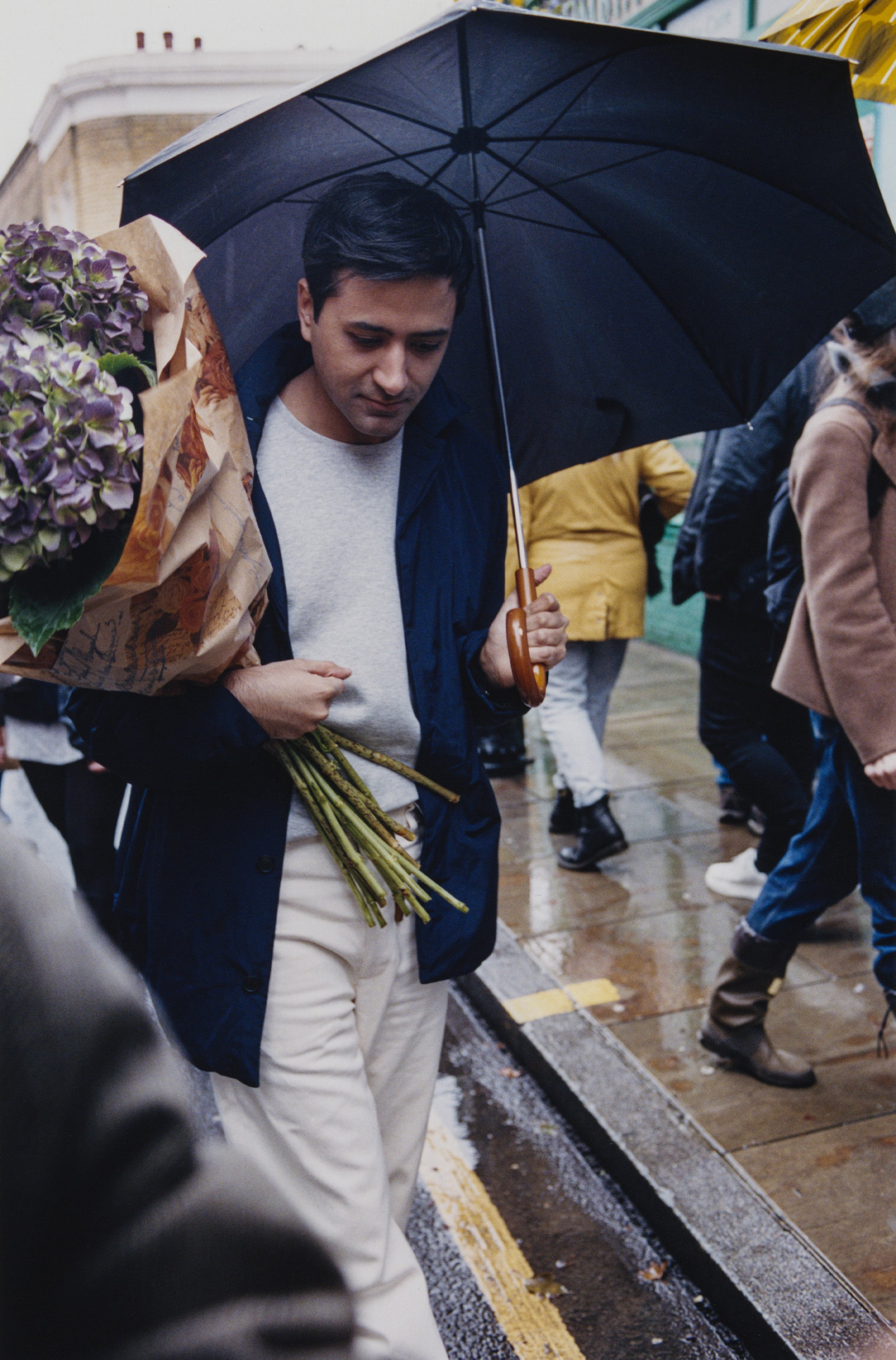
8 hours with Shanay Jhaveri in London
We spent a sunny Saturday in London with Shanay Jhaveri, Head of Visual Arts at the Barbican.
Our morning was spent in Shanay’s home, a space that exemplifies his ongoing dedication to contemporary art. Over tea, he introduced some of his art collection, which includes photographs—one from Simryn Gill’s My Own Private Angkor series and a couple of others from Dayanita Singh and Nasreen Mohamedi—along with a sculpture by Huma Bhabha, an artist whose We Come in Peace installation was one of a series of commissions for The Metropolitan Museum of Art’s Iris and B., a site-specific project curated by Shanay during his time as an associate curator there.


Now, at the Barbican, Shanay continues his commitment to bringing diverse perspectives to art institutions. During a walk through the space—a space divided into one concrete block after another in true Brutalist fashion—he describes the strong sense of community that the space engenders through consistent dialogue across media, disciplines, and geographic boundaries. These conversations constitute a major concern in many of Shanay’s publications and his inaugural project at Barbican, which is a series of public artworks.
The first of the series, Ranjani Shettar’s Cloud Songs on the Horizon, now hovering above the Barbican Conservatory, consists of five sculptures that speak to her keen interest in the natural world and its transformations. The relationships between the sculptures, handcrafted from primarily natural fibers, with the bare concrete and lush foliage of the Barbican building foreground the kind of dynamic intervention that Shanay hopes to bring with future projects.



Our day concluded with a walk to Columbia Road Flower Market, where Shanay picked up a bouquet of fresh hydrangeas to arrange in his flat: “My mother always made sure our house was full of fresh flowers.” Spending most of his days in a rapidly evolving contemporary art landscape, these rituals are an indispensable part of remaining connected to his home.







